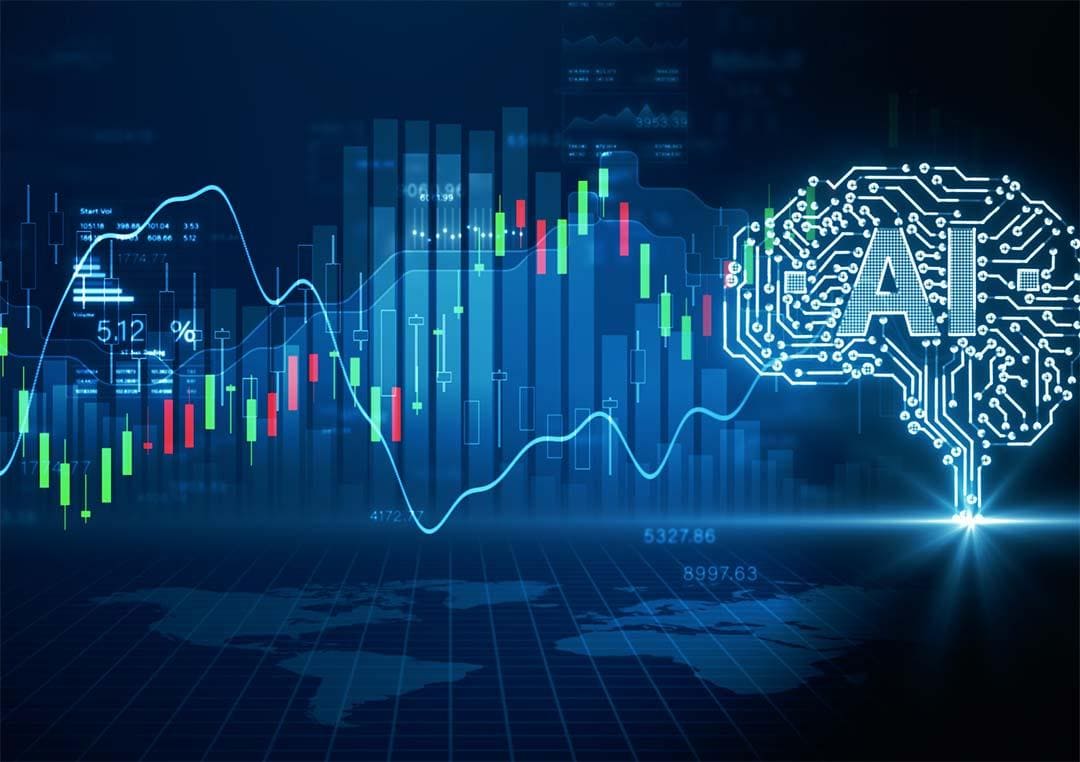Optimizing Market Interaction with Automated Systems
- Home
- Optimizing Market Interaction with Automated Systems

Optimizing Market Interaction with Automated Systems
- Gijs Doppenberg
Optimizing Market Interaction: The Digitrexmony Automated Way 📈
For centuries, market interactions relied on human judgment and intuition, limited by emotional biases and vast data. The need for enhanced precision and speed became evident as markets expanded and interconnected globally, pushing boundaries of traditional human-centric approaches.
The advent of digital technology marked a pivotal shift. Early automation focused on streamlining routine tasks and providing analytical support. These initial, rule-based systems, demonstrated technology's capacity to assist in decision-making, laying groundwork for foundational trading automation.
As computational power grew, system sophistication advanced. Development moved beyond simple rules to complex algorithms processing vast datasets in real-time. This era leveraged extensive information, paving the way for intricate decision frameworks surpassing human analytical capabilities.
This progression led to widespread algo trading, where predefined instructions and models execute orders. Sophisticated trading robots and trading bots solidified this shift, enabling execution with unparalleled speed and precision, enhancing operational efficiency.
Key Observations from Automated Systems Research 🔬
- Automated systems enhance transaction speed and accuracy, allowing rapid response to market fluctuations and complex order fulfillment.
- They mitigate human emotional biases, ensuring decisions are based purely on predefined parameters and data analysis for consistent strategy.
- These systems process vast datasets, identifying subtle patterns and correlations imperceptible to human analysis alone.
Analyzing the Automated Frontier: Insights and Interpretations 💡
Automated systems offer undeniable advantages in speed and precision. Rapid execution ensures opportunities are seized and strategies implemented swiftly. This capability focuses on optimal execution, minimizing inefficiencies and enhancing strategic intent.
System evolution ties deeply to data analytics and machine learning. Algorithms sift vast market data, identifying complex patterns. This analytical prowess allows dynamic adaptation and refinement of strategies, transitioning from static rules to predictive models. They continuously learn. 
Reliance on automation raises considerations. Market stability concerns, especially during rapid, high-volume "flash crashes," highlight robust oversight needs. Careful design and implementation of safeguards maintain market integrity and prevent systemic impacts.
The "black box" nature of complex algorithms necessitates transparency and validation. Understanding decision-making is crucial for trust and accountability. Ensuring behavior aligns with desired outcomes and regulatory frameworks is paramount for responsible deployment.
Despite sophistication, automated systems are not autonomous. The human element remains critical in their design, deployment, and supervision. Experts define strategy, interpret results, and intervene. This blend of technology and human insight is crucial for sustained value creation.
Advanced AI, adaptive learning, and predictive capabilities will refine these systems. Companies like Digitrexmony are at the forefront, developing solutions that optimize market interaction, fostering a more intelligent, responsive ecosystem. Future market participation will be shaped by these evolving frameworks.
Future Outlook and Applications 🚀
- Empowering market participants with advanced tools for strategic execution, navigating complex markets with greater efficiency.
- Fostering a more responsive and data-driven market environment, informed by real-time analysis and adaptive algorithms.
- Driving continuous innovation in system design and application, evolving to meet new challenges and unlock emerging opportunities, a focus for Digitrexmony.
 Digitrexmony
Digitrexmony
Comments 0